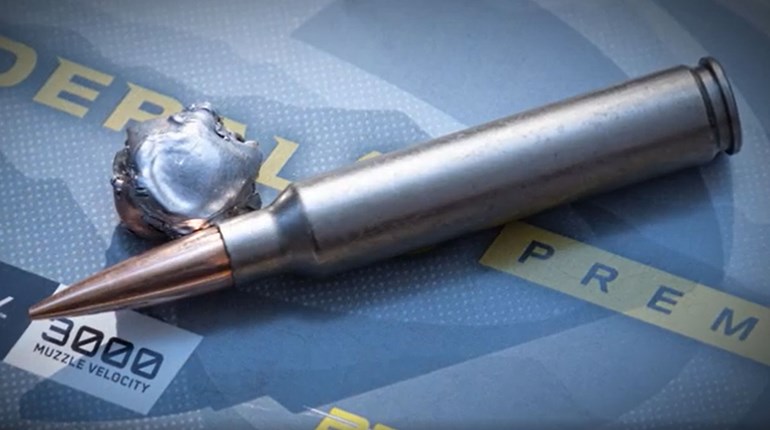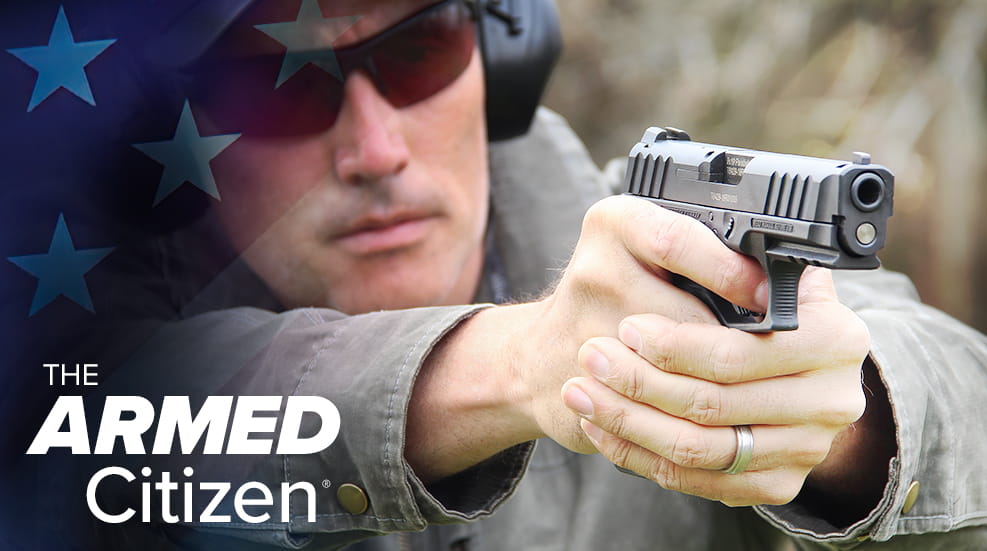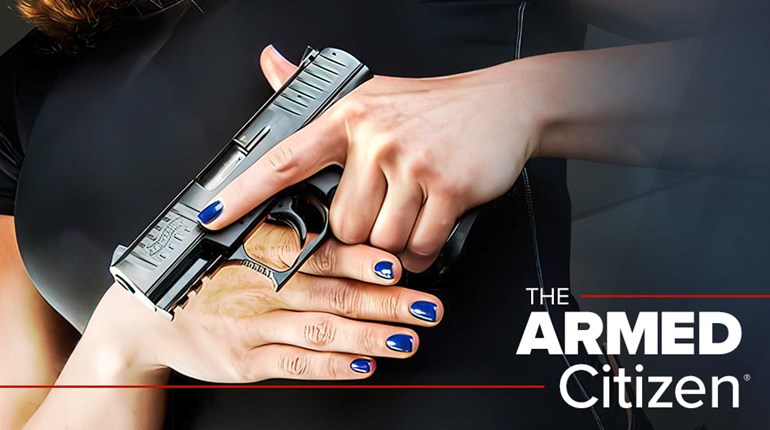
After more than two hours of pre-interviews with Kristin Lazure, a producer at Atlas Films, John Lott was asked to travel to New York City to do an interview with Katie Couric for her “documentary” (propaganda is a more honest word for it) “Under the Gun.”

This, of course, is the film in which an eight-second pause was edited in to make it seem like members of the Virginia Citizens Defense League (VCDL) were stumped by a question. But the gun-rights advocates also recorded the interview. When they released the unedited tape, Couric was shown to be a propagandist and liar.
So Lott went to New York City for the interview. It was to take place in a hotel room, which is actually a pretty common thing. Lott says he knew what he was walking into. He has been around the block with the anti-gun media. Lott is the author of the groundbreaking book More Guns, Less Crime and is now president of the Crime Prevention Research Center, an organization dedicated to conducting academic-quality research on the relationship between laws regulating the ownership or use of guns, crime and public safety.
During the pre-interviews, Lazure told Lott multiple times how much she appreciated his research and how important it was. He hoped they’d at least treat him fairly.
He went into the New York City hotel room and met Katie Couric and seven staffers. He took a seat and Couric began asking him questions. The interview was only supposed to last an hour, but Lott says it ended up lasting almost four hours.
“She kept asking me the same questions in different ways,” he said. “It was clear they were trying to get me to say something that could be taken out of context. I just stayed calm and kept answering her questions clearly.“It was clear they were trying to get me to say something that could be taken out of context.” — John Lott
“At several times she made false claims, such as that 40 percent of gun sales are done without background checks. When I corrected her by telling her that statistic comes from a study done in the 1990s of just 300 people, and that some of that study was done before the National Instant Background Check System was even in place, she got testy.”
Lott says Couric kept repeating false claims, even after he explained where she was wrong. He says she got a little hostile.
“A couple of times I felt like getting right out of that chair and leaving,” says Lott. But he didn’t want that on film. He kept calm and was careful to speak clearly and in a way that would be hard to distort with editing.
“As I did the interview, those seven staffers kept handing Couric pieces of paper. She’d glance at them and then try a new tactic,” says Lott. “They did take one short break. I saw them all huddle up to form a new game plan.”
Couric then tried again to get Lott off balance. She finally gave up, and Lott left. When "Under the Gun" came out months later, Lott found that, after four hours of being interviewed, not a single second of the interview made it into the film.
Lott has heard that Atlas Films has included a few minutes of his interview in a separate promo available on iTunes. When I spoke to him on June 2, he said, “I haven’t seen it yet. I’m stalling because I really don’t want to see what they did.”
When asked by The Guardian whether those making the movie had also tried to speak to people on the gun-rights side of the argument, the film’s director, Stephanie Soechtig, said that Lott’s “research has been criticized and largely discredited, and when we went to include it in the film, it felt like unnecessary real estate to put in the film, because we know his research has been debunked many times.”
Lott pointed out, however, that the vast majority of researchers who have looked into his findings about guns and crime have verified his findings. Even peer-reviewed studies that set out to debunk Lott have found his research to be solid.
“The only people saying that about me are people with anti-gun agendas who have no facts to back up their claims,” says Lott.

































